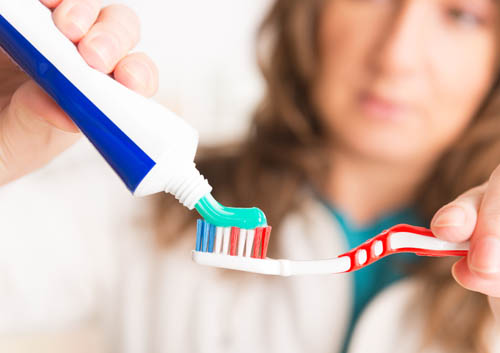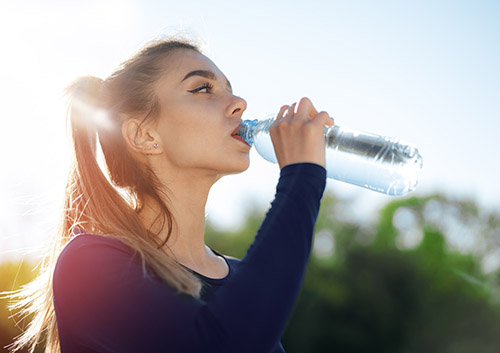Whitening an Artificial Tooth
February 15th, 2023

It’s a bit of a contradiction: you are justifiably proud of your beautiful dental work, but you don’t want it to be obvious when you smile. Dental prosthetics such as veneers and crowns should blend perfectly with your natural teeth. If you have noticed your veneers are a different shade than your other teeth, or have a crown that is visibly darker than the teeth surrounding it, you are probably wondering if there is any way to lighten and whiten an artificial tooth surface. There is no one right answer, but let’s examine a few common scenarios to find the best solution for you.
If You Haven’t Started Your Dental Work and Want a Whiter Smile
If you are planning on getting a veneer or a crown, it’s best to take advantage of teeth whitening before you have the work done. Choosing a shade of bright white for your veneers and then trying to whiten your natural teeth to match it afterward is almost impossible. It’s a good idea to talk to us about whitening beforehand, and, if this is the best way to achieve the look you want, Dr. James Robson can match the color of your new prosthetic to your newly whitened smile. The goal is to make your new veneer or crown a perfect match to your natural teeth.
If You Have Existing Veneers, Crowns, or Other Artificial Surfaces
Porcelain veneers cannot be whitened, but the good news here is that they don’t stain the way natural teeth do. Unlike our teeth, porcelain is non-porous, so it is very difficult for typical culprits such as coffee, tea, or red wine to have as much effect. Any surface stains that appear can usually be gently removed with a professional cleaning and polishing, where we will take care not to scratch the delicate surface of the veneer. Porcelain crowns and implants, like veneers, can be brightened with a professional surface cleaning, but their original color cannot be changed.
Composite veneers and composites used in dental bonding are more porous and therefore more likely to stain. They are also immune to whitening, but might respond somewhat to a careful professional polishing at our East Lyme, CT office.
Finally, if the color of your existing dental prosthetics is a concern, replacement is an option we can consider together.
Whether you have existing veneers and crowns or are planning future dental work, please talk with us about achieving a seamless blend of old and new for a beautiful, natural smile. It’s a bit of a contradiction: the best work is the work no one notices!



